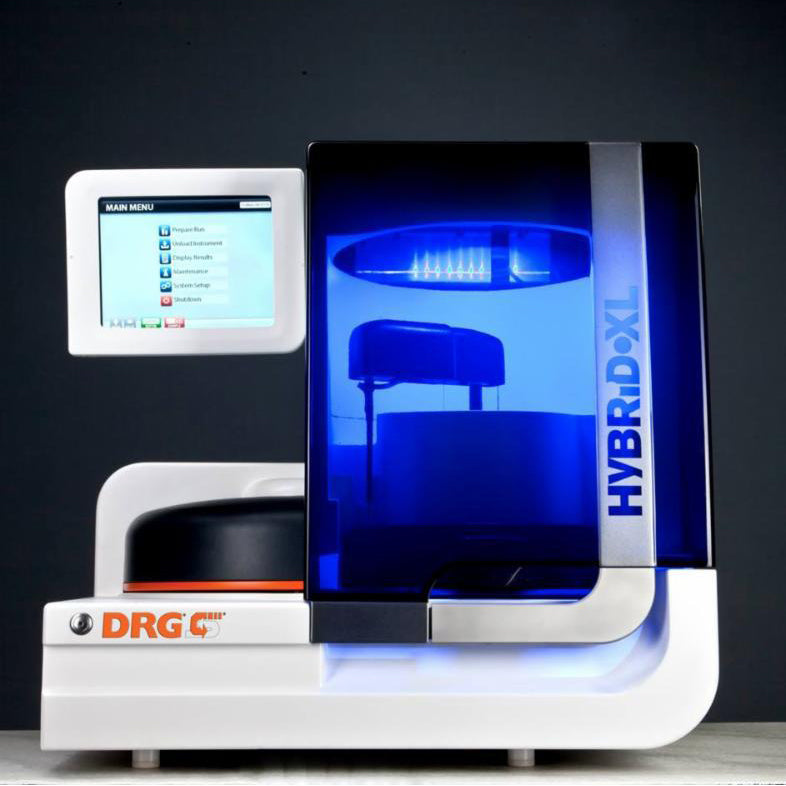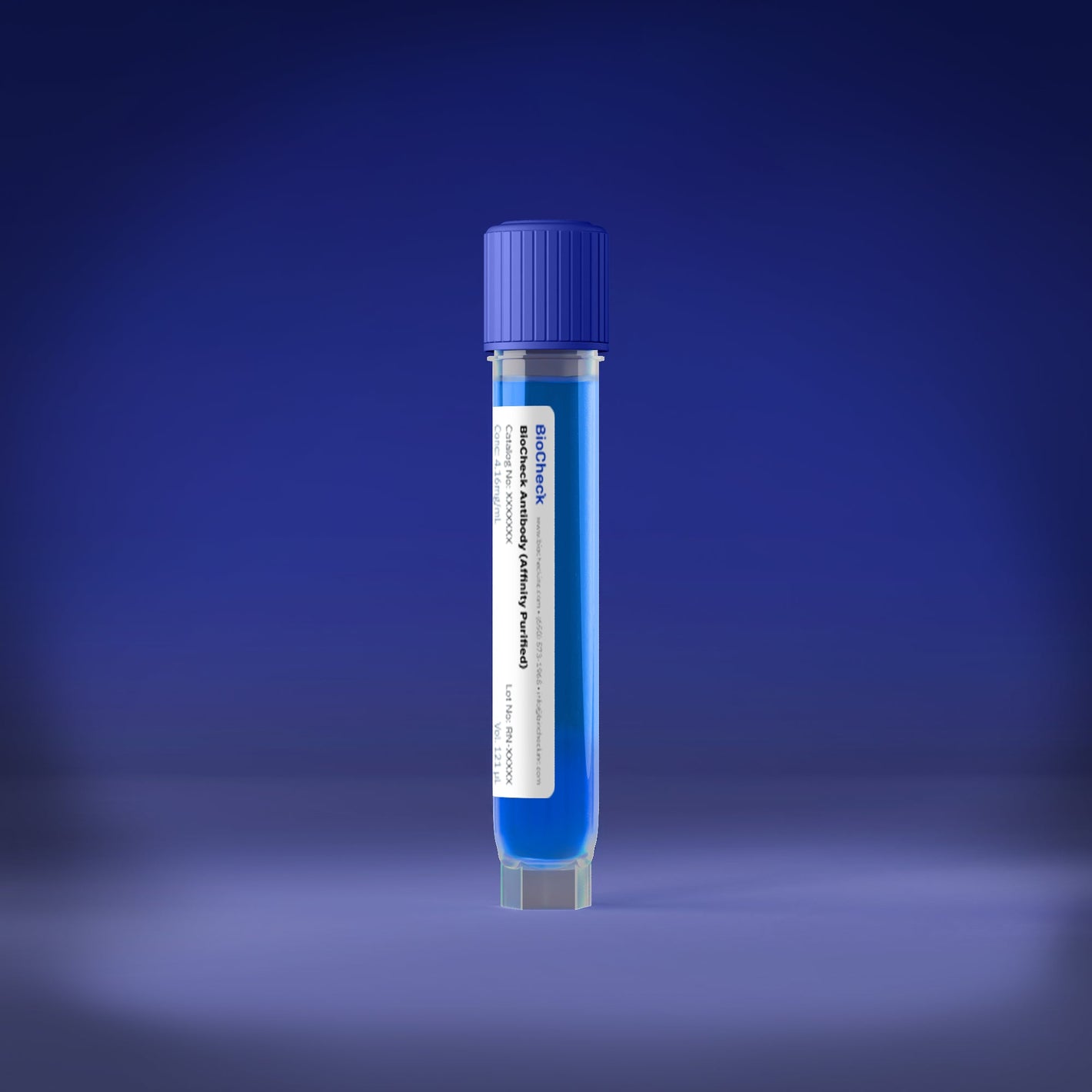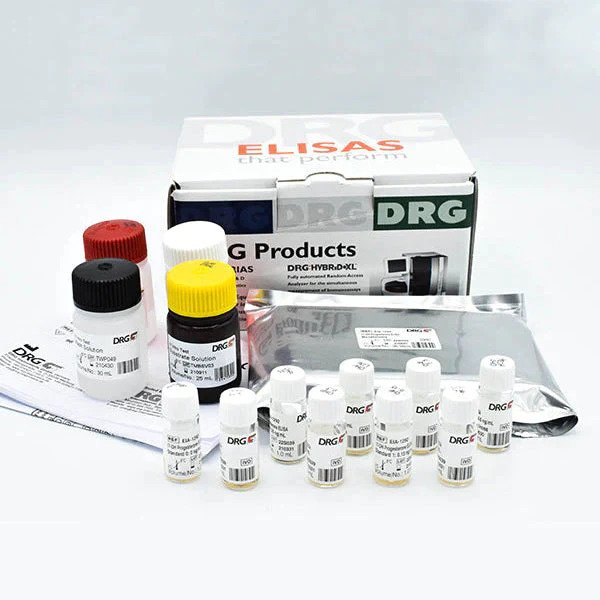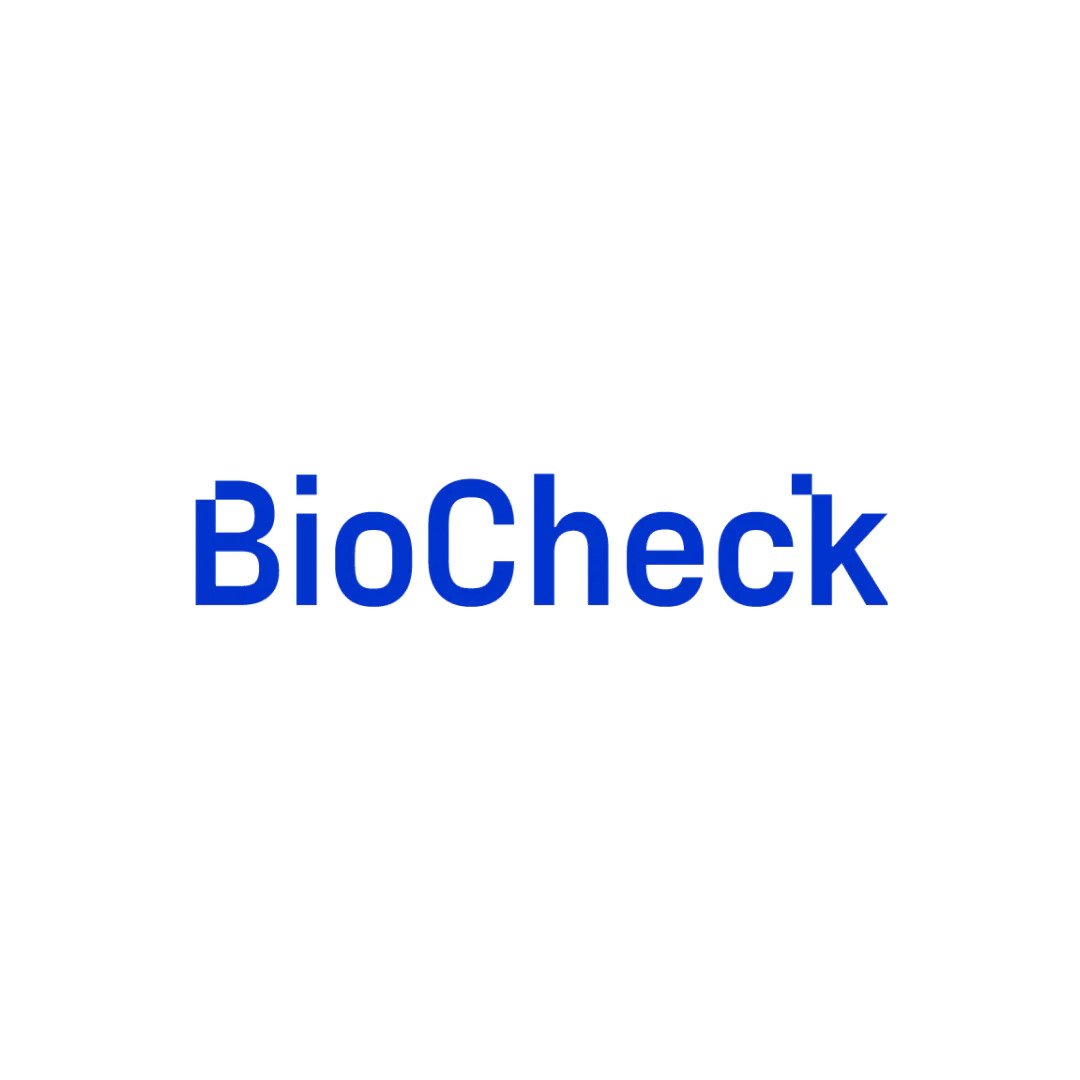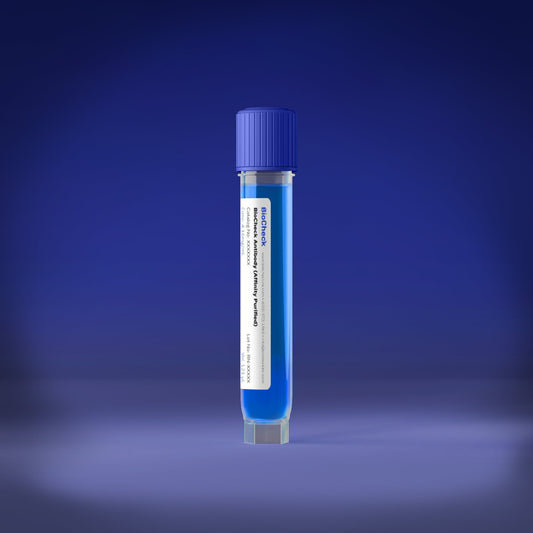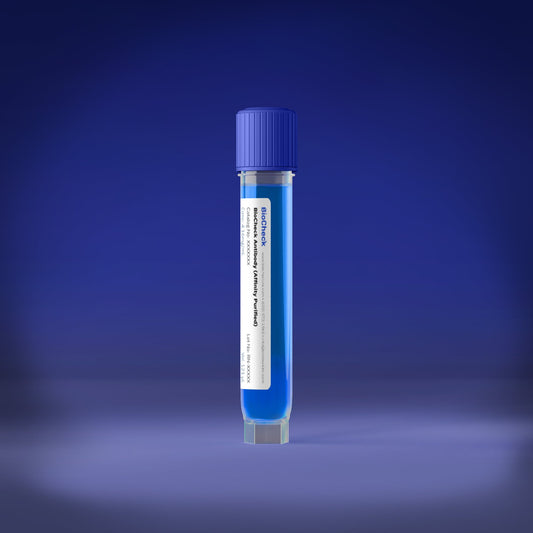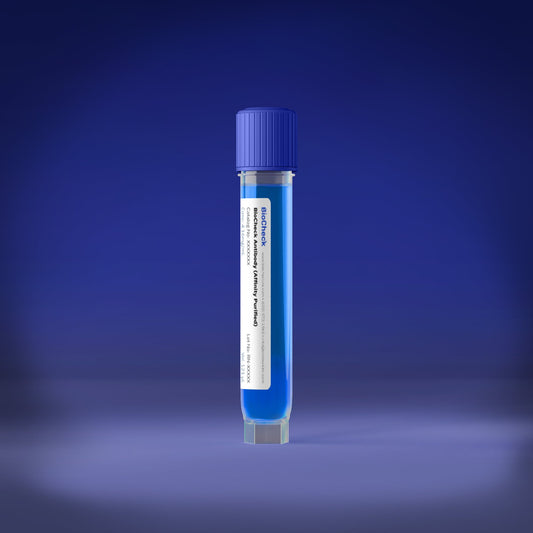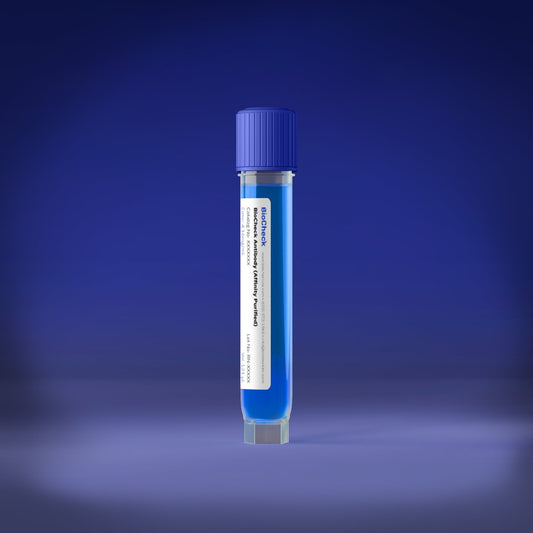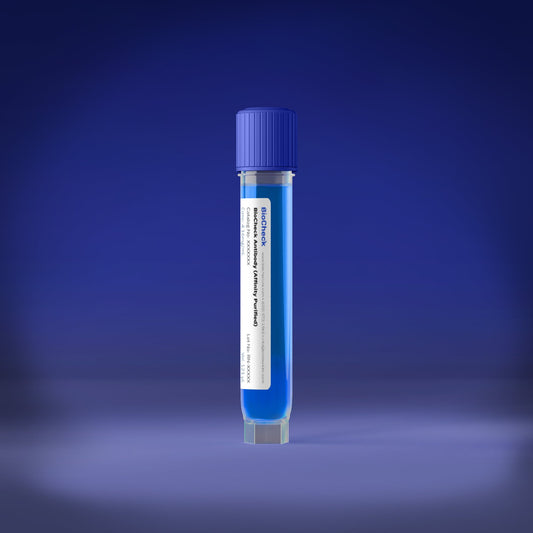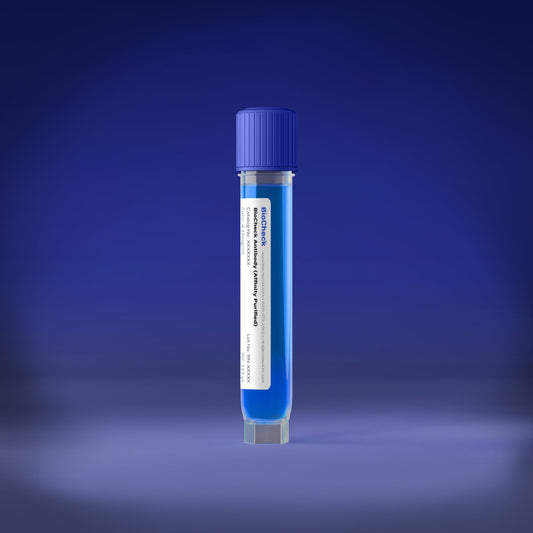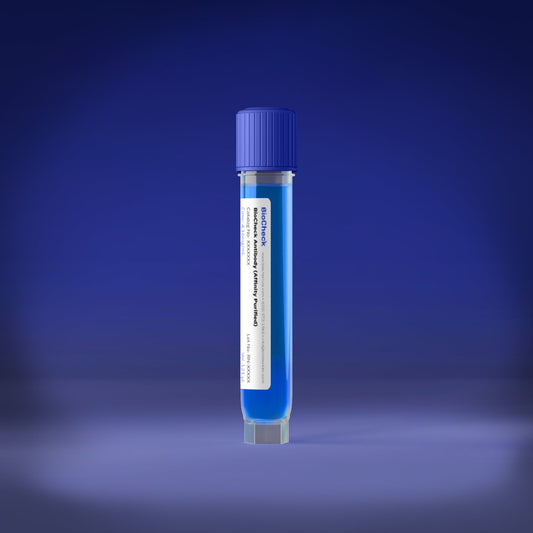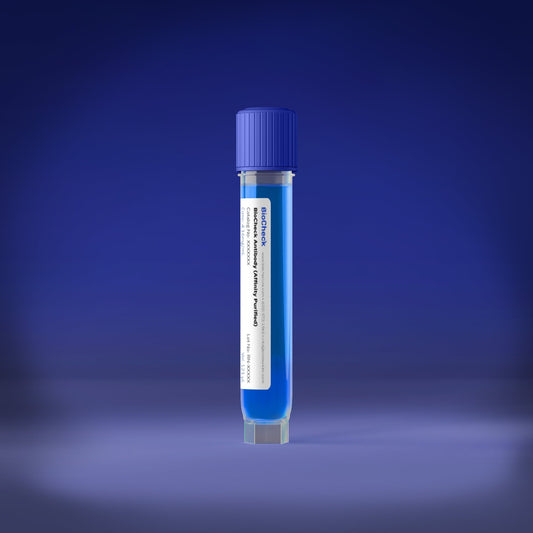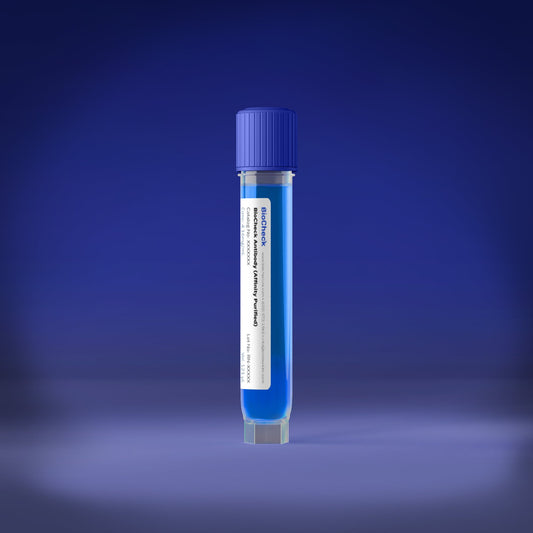BioCheck Diagnostic Products
BioCheck offers a comprehensive range of high-quality products to support your research needs. Our products include instruments, antibodies, and ELISA kits, all rigorously tested and designed to meet the highest standards of quality and specificity.
BioCheck Brands
In August 2021, BioCheck acquired DRG International, with offices in the USA, Germany, Russia, Poland, and Czech Republic. Together with the DRG subsidiaries, we have the capacity to quickly and reliably distribute our products to customers across the globe.
Collapsible content
DRG International - (New Jersey, USA)
Leading manufacturer of clinical diagnostic and research ELISAs with distributors in over 110 countries. DRG is also the manufacturer of the DRG:HYBRiD-XL(r), a fully automated analyzer for Immunoassays and Clinical Chemistry. Visit DRG International Site
DRG Instruments GmbH - (Marburg, Germany)
(Marburg, Germany) - Specializes in the development and production of innovative ELISAs and Chemiluminescent assays, both for routine and research applications, in the fields of diabetes diagnosis, endocrinology, prenatal/neonatal supervision, thyroid function and many more. View DRG Instruments GmbH Site
DRG TechSystem - (Moscow, Russia)
(Moscow, Russia) - Provides services for concluding contracts for the supply of medical equipment, converting the customer's ruble funds, passing through customs formalities, as well as performing installation and adjustment, warranty and post-warranty service. View DRG TechSystems Site
DRG BioMed - (St. Petersburg, Russia)
(St. Petersburg, Russia) - We equip departments of anesthesiology and resuscitation, functional diagnostics, departments of radiation diagnostics. We also specialize in the complex equipment of electrophysiological laboratories for the surgical treatment of rhythm and conduction disorders. Visit DRG BioMed Site
DRG MedTek - (Warsaw, Poland)
(Warsaw, Poland) - Offering and distributing high-quality medical equipment and laboratory diagnostics products for healthcare.Provision of maintenance services in the field of installation, repair and use of the offered equipment. Visit DRG MedTek Site
DRG Diagnostics - (Brno, Czech Republic)
(Brno, Czech Republic) - Engaged in the import and distribution of a wide range of in vitro diagnostics for use primarily in medical and research laboratories, the distribution of unique in vitro diagnostics produced by DRG in the USA and Germany, and the distribution of diagnostics from other well-known manufacturers. Visit DRG Diagnostics Site
We stand for better health outcomes
At BioCheck, our mission is to transform healthcare by leveraging the power of technology and data to improve patient outcomes, reduce costs, and promote equitable access to care. Through our commitment to value-based diagnostics, we empower healthcare providers to make informed decisions and deliver personalized care that meets the unique needs of each patient. By harnessing the potential of healthcare data monetization, we unlock insights and drive innovation that transforms the delivery of care. Through healthcare shared savings, we align incentives and promote collaboration across the healthcare ecosystem to achieve better outcomes for patients and the system as a whole. And by advancing the use of well-established diagnostics, we increase access to essential diagnostic tools that enable early detection and intervention, ultimately saving lives and improving health outcomes. Together, we can build a healthier future for all.
Collapsible content
What is value-based diagnostics?
Value-based diagnostics is a healthcare approach that emphasizes delivering high-quality, cost-effective care to patients by using diagnostic tests that have been shown to have a positive impact on patient outcomes. This approach involves the use of evidence-based diagnostic algorithms and guidelines to help clinicians choose the most appropriate diagnostic tests for their patients based on their individual needs and circumstances.
The goal of value-based diagnostics is to improve patient outcomes while reducing unnecessary testing and healthcare costs. This is achieved by focusing on the diagnostic tests that are most likely to provide valuable information for patient management and avoiding tests that are unlikely to provide meaningful results or that may lead to unnecessary treatment or monitoring.
In value-based diagnostics, the value of a diagnostic test is assessed not only by its clinical accuracy but also by its impact on patient outcomes, such as reducing morbidity and mortality, improving quality of life, and reducing healthcare costs. This approach encourages clinicians to consider the full range of factors that may affect patient outcomes when making diagnostic decisions, including patient preferences, risks and benefits of testing, and the impact of test results on subsequent treatment decisions.
Value-based diagnostics is a healthcare approach that emphasizes delivering high-quality, cost-effective care to patients by using diagnostic tests that have been shown to have a positive impact on patient outcomes. This approach involves the use of evidence-based diagnostic algorithms and guidelines to help clinicians choose the most appropriate diagnostic tests for their patients based on their individual needs and circumstances. The goal of value-based diagnostics is to improve patient outcomes while reducing unnecessary testing and healthcare costs. This is achieved by focusing on the diagnostic tests that are most likely to provide valuable information for patient management and avoiding tests that are unlikely to provide meaningful results or that may lead to unnecessary treatment or monitoring. In value-based diagnostics, the value of a diagnostic test is assessed not only by its clinical accuracy but also by its impact on patient outcomes, such as reducing morbidity and mortality, improving quality of life, and reducing healthcare costs. This approach encourages clinicians to consider the full range of factors that may affect patient outcomes when making diagnostic decisions, including patient preferences, risks and benefits of testing, and the impact of test results on subsequent treatment decisions.
What is healthcare data monetization?
Healthcare data monetization refers to the process of generating revenue by selling or licensing healthcare data, such as electronic health records (EHRs), medical claims data, clinical trial data, and patient-generated data. This data can be used by various stakeholders in the healthcare industry, including pharmaceutical companies, insurance providers, research organizations, and healthcare providers themselves.
The monetization of healthcare data can take various forms, such as selling raw data sets, offering data analytics services, providing access to data through APIs, or developing customized data-driven solutions. Companies that engage in healthcare data monetization typically have access to large amounts of patient data, which they can use to develop insights and predictions that are valuable to other organizations.
However, healthcare data monetization is a complex process that involves various legal, ethical, and technical considerations. Healthcare data is highly regulated and must be handled in compliance with privacy laws, such as the Health Insurance Portability and Accountability Act (HIPAA) in the United States. Moreover, healthcare data is sensitive, and patient privacy must be protected. Therefore, companies engaged in healthcare data monetization must ensure that they have appropriate security measures and data governance policies in place to protect patient data.
Overall, healthcare data monetization has the potential to generate significant value for healthcare organizations, but it requires careful planning and management to ensure that patient privacy is protected, and regulatory requirements are met.
What is healthcare shared savings?
Healthcare shared savings is a payment model that rewards healthcare providers for reducing healthcare costs while maintaining or improving the quality of care. In this model, providers are incentivized to work together to achieve cost savings through improved care coordination, better utilization of resources, and other strategies that promote efficiency and reduce waste.
Under the shared savings model, healthcare providers enter into agreements with payers, such as insurance companies or government programs, in which they agree to meet certain quality and cost targets. If the providers are successful in achieving these targets and generating cost savings, they receive a portion of the savings in the form of shared savings payments.
Shared savings payments can take various forms, such as a percentage of the savings generated or a fixed payment based on performance. The payments are typically distributed among the participating providers based on their contributions to the cost savings achieved.
The shared savings model is designed to encourage healthcare providers to work collaboratively and to focus on reducing costs while maintaining or improving quality. By sharing in the cost savings, providers have a financial incentive to reduce unnecessary testing, avoid hospital readmissions, and promote preventive care and other measures that can lead to better health outcomes and lower costs over time.
Overall, healthcare shared savings is a payment model that aligns incentives between payers and providers, promotes efficiency and quality, and can lead to better health outcomes and lower costs for patients and the healthcare system as a whole.
What are well-established diagnostics?
Well-established diagnostics are diagnostic tests or tools that are widely available, inexpensive, and have a low level of complexity in their implementation and interpretation. These diagnostics are commonly used to identify the presence or absence of a particular disease or condition in a patient, and can be performed in a variety of settings, including hospitals, clinics, and even at home.
Examples of well-established diagnostics include blood glucose meters, urine pregnancy tests, and rapid antigen tests for infectious diseases such as influenza or strep throat. These tests are typically designed to be simple and user-friendly, requiring minimal training or expertise to administer and interpret the results.
Well-established diagnostics are often used in resource-limited settings or in areas with limited access to advanced diagnostic technology or specialized laboratory testing. They are also commonly used in screening programs or for population-level surveillance of infectious diseases.
While well-established diagnostics are generally less accurate and less sensitive than more advanced laboratory tests, they can still be useful in many clinical scenarios. They are often used as a first-line screening tool to identify patients who may require more advanced testing or referral to a specialist.
Overall, well-established diagnostics play an important role in healthcare by providing accessible, affordable, and user-friendly diagnostic tools that can be used to quickly and easily identify the presence or absence of a particular disease or condition.


